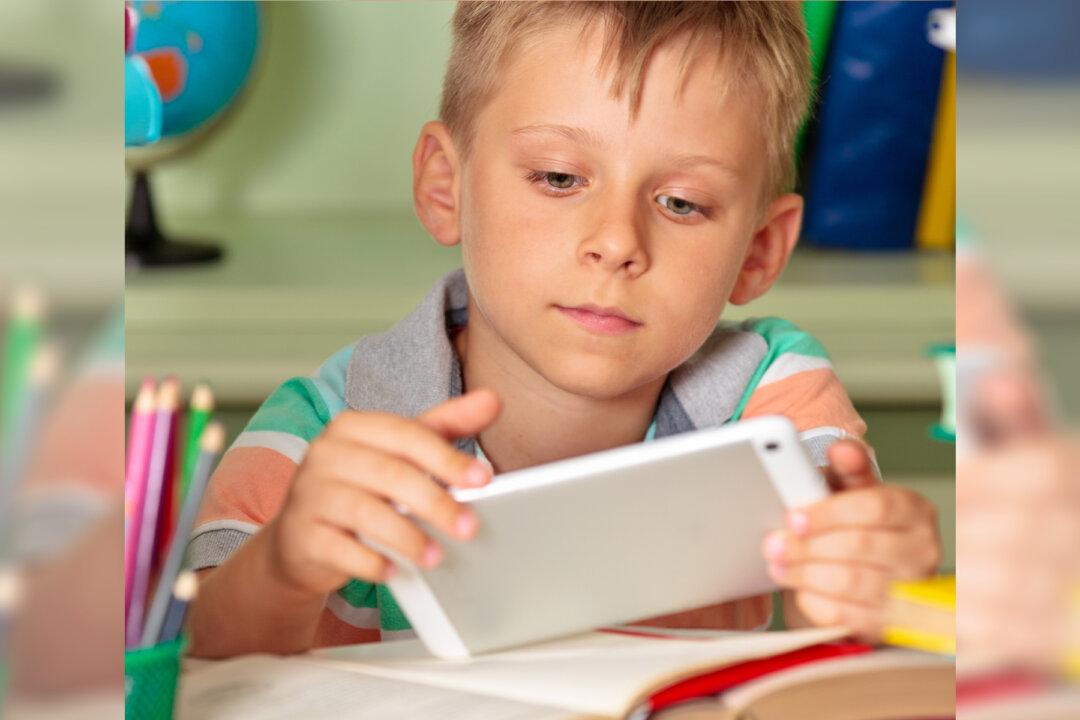While one might think that in this digital era, most would prefer using e-books over hard copies, it would come in as a surprise that a school in Sydney has reverted to using traditional textbooks in their classrooms.
Reddam House Private School in Sydney’s eastern suburbs is taking their students’ ability to comprehend seriously, and in order to reduce distractions in the classroom, have done away with iPads, which they have been using for e-textbooks for the past five years.




